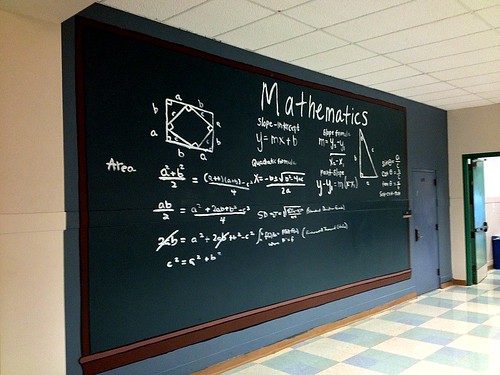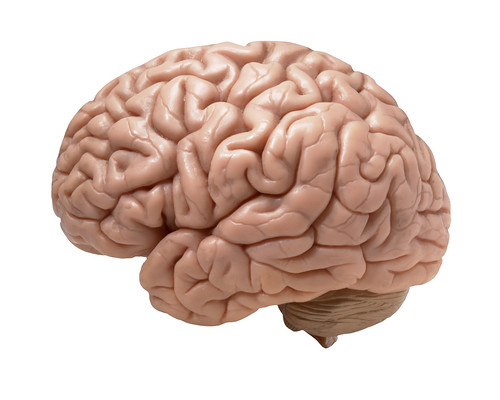 JoeInSouthernCA
JoeInSouthernCA via
Compfight cc
"A change in how we teach math will inevitably also change how we think about math, and therefore, what math is–big picture: how will incorporating games like Wuzzit Trouble into school curricula change math and provide new possibilities for mathematical applications?
Since video games (call them simulators if you prefer) can help people learn mathematics in practical settings, it would make sense to test performance for the majority of students within the games themselves.
Not everyone needs to master symbolic mathematics. And there is good reason to conclude, as I have done in my book that you mentioned above, that many people are unable to get past what I call there the Symbol Barrier. So a rational strategy would be to have everyone learn in videogames (simulators) and evaluate them by their in-game performance, thereby equipping them to use mathematical thinking in the everyday world.
We should reserve study of symbolic mathematics to those intending to be scientists, engineers, etc. When they can use their experience in good video games as a basis on which to ground the symbolic approach. It’s really just replacing one symbol system, the videogame, with another, 15th century symbolic algebra. The latter gained ascendancy when paper was the primary communication medium.
In the era of the digital tablet, that ancient representation system is no longer optimal, at least not uniquely so."





